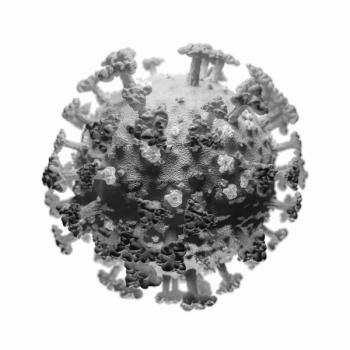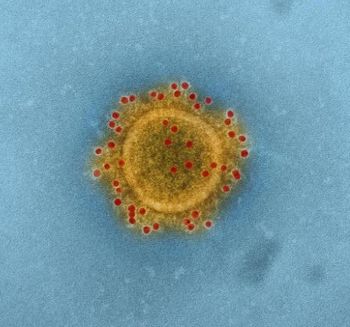
A telephone survey confirms people are dealing with these issues and suggests it may be an early bellwether to providers and patients alike.

A telephone survey confirms people are dealing with these issues and suggests it may be an early bellwether to providers and patients alike.

Steven Woloshin, MD, MS, discusses a recently authored article in the New England Journal of Medicine describing the challenges and implications of false negative tests for SARS-CoV-2 infection.

In a recent US survey, African American male participants knew more people infected with COVID-19, had greater knowledge disparities, and were exposed to the virus more than other groups.

Health officials are urging parents to adhere to recommended vaccination schedules amid the COVID-19 pandemic, which has led to a drop in vaccination coverage.

A video review of the latest ID news.

Vibeke Strand, MD, MACR, FACP, of the Division of Immunology/Rheumatology at Stanford University School of Medicine, discusses ongoing AI research in her field.

the company announced it COVID-19 medication is looking to address viral replication and uncontrolled inflammatory response.

In a new analysis of Guangzhou city contact tracing data, investigators examined secondary attack rates of SARS-CoV-2.

An overview of 3 recent infectious disease news stories.

A modeling study from the UK reinforces how the transmission rates from infected people can be lowered using a variety of well-known strategies.

Final Diagnosis: Infective Endocarditis Due to Granulicatella adiacens and Streptococcus mitis.

Vibeke Strand, MD, MACR, FACP, discusses patients who are having a hard time getting their usual supplies of HCQ.

Given there is not a clear international standard for health records, one of the challenges in the early COVID-19 response mobilization was a delayed start to data collection and indexing.

Some countries have been proactive in patient logging and tracking. How can even retroactive assessment benefit future preventive responses?

The technology deploys AI-based algorithms that use machine-learning to identify respiratory failure and hemodynamic instability

New study shows reduced deaths by one-third in ventilated patients, and one-fifth in patients receiving oxygen

In a modeling study, an estimated 1.7 billion people are at an increased risk of the virus, but a much smaller percentage would require hospitalization.

A look at 3 major headlines in COVID-19 news on June 15, 2020.

In a controlled environment, investigators found sunlight affected the decay rate of the virus.

The anti-malaria drugs—and clinical trials assessing their benefit—have been under close scrutiny since the EUA was first granted in late March.

During the spring COVID-19 outbreak, an examination of Swiss people in Geneva shows only a small amount of the population with IgG antibodies.

Findings show states who followed stay-at-home orders indeed flattened their curves. Now what?

Analysis projects significant toll from virus, even with some measures in place.

In a very small international study using the antiviral, 68% of hospitalized patients on ventilators or oxygen showed improvement.

Trending infectious disease news.